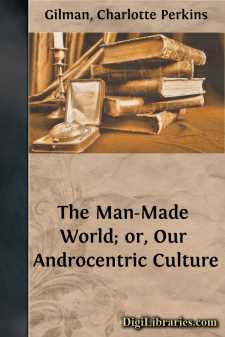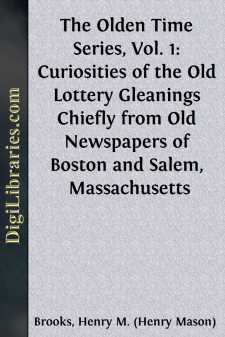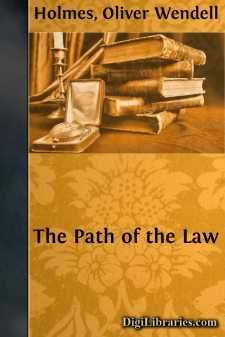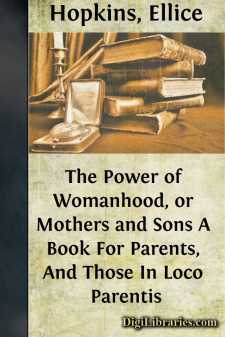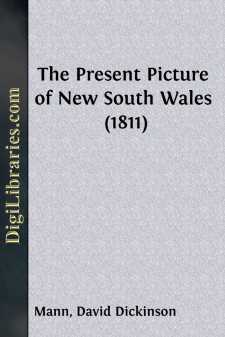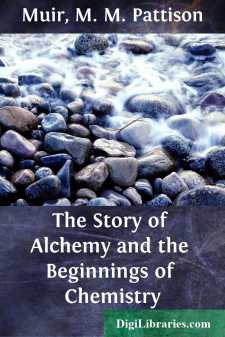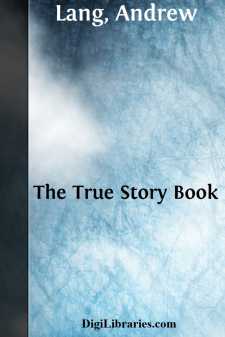History
- Africa 30
- Americas (North Central South West Indies) 50
- Ancient 68
- Asia 58
- Australia & New Zealand 8
- Canada 41
- Caribbean & West Indies 1
- Civilization 20
- Eastern Europe 12
- Europe 310
- Expeditions & Discoveries 60
- General
- Historical Geography 1
- Jewish 9
- Latin America 3
- Medieval 8
- Middle East 13
- Military 248
- Revolutionary 8
- Study & Teaching 5
- United States 353
- Western Europe 56
- World 13
General Books
Sort by:
I. AS TO HUMANNESS. Let us begin, inoffensively, with sheep. The sheep is a beast with which we are all familiar, being much used in religious imagery; the common stock of painters; a staple article of diet; one of our main sources of clothing; and an everyday symbol of bashfulness and stupidity. In some grazing regions the sheep is an object of terror, destroying grass, bush and forest by omnipresent...
more...
by:
Scott Nearing
I. THE NEW ECONOMIC LIFE 1. The Historic Present The knell of a dying order is tolling. Its keynote is despair. Gaunt hunger pulls at the bell-rope, while dazed humanity listens, bewildered and afraid. Uncertainty and a sense of futility have gripped the world. They are manifesting themselves in unrest, disillusionment, the abandonment of ideals, opportunism, and a tragic concentration on the life of...
more...
by:
Punahou School
THE OAHU COLLEGE. In the year 1841, a school was commenced, for the children of missionaries, at Punahou, near Honolulu, Sandwich Islands. Five year ago, it was opened to others besides the children of missionaries. The number of pupils has varied from thirty to sixty, and the whole number of pupils, up to September, 1854, was one hundred and twenty-two. In May, 1853, the Hawaiian Government...
more...
INTRODUCTION. While this work does not pretend to be a history, it will yet present many historical facts. Its object is to show from old newspapers, which are not accessible to all, such items and comments upon a variety of subjects as might be supposed to amuse or instruct both old and young. It is not the easy thing that many imagine to examine, read, and select from a vast number of newspapers such...
more...
10 HARVARD LAW REVIEW 457 (1897) When we study law we are not studying a mystery but a well-known profession. We are studying what we shall want in order to appear before judges, or to advise people in such a way as to keep them out of court. The reason why it is a profession, why people will pay lawyers to argue for them or to advise them, is that in societies like ours the command of the public force...
more...
by:
Ellice Hopkins
CHAPTER I In a banquet given in honor of Heinrik Ibsen by a Norwegian society known as the Woman's League, in response to a speech thanking him in the name of the society for all he had done for the cause of women, the poet, while disclaiming the honor of having consciously worked for the woman's cause—indeed, not even being quite clear as to what the woman's cause really was, since in...
more...
Chapter I.Discovery of New South Wales.--Arrival of a Colony there from England.-- Obstructions calculated to retard the Progress of the Settlement.-- Departure of Governor Phillip.--Intervening Governors, until the Arrival of John Hunter, Esq. and his Assumption of the Government.-- Printing Press set up.--Cattle lost, and Discovery of their Progeny in a wild State.--Playhouse opened.--Houses...
more...
'They were men whose fathers were men'TO make it clear how Major Wilson and his companions came to die on the banks of the Shangani on December 4, 1893, it will be necessary, very briefly, to sketch the events which led to the war between the English settlers in Mashonaland in South Africa and the Matabele tribe, an offshoot of the Zulu race.In October 1889, at the instance of Mr. Cecil...
more...
CHAPTER I THE EXPLANATION OF MATERIAL CHANGES GIVEN BY THE GREEK THINKERS. For thousands of years before men had any accurate and exact knowledge of the changes of material things, they had thought about these changes, regarded them as revelations of spiritual truths, built on them theories of things in heaven and earth (and a good many things in neither), and used them in manufactures, arts, and...
more...
by:
Andrew Lang
INTRODUCTIONItis not without diffidence that the editor offersThe True Story Bookto children. We have now given them three fairy books, and their very kind and flattering letters to the editor prove, not only that they like the three fairy books, but that they clamour for more. What disappointment, then, to receive a volume full of adventures which actually happened to real people! There is not a...
more...


